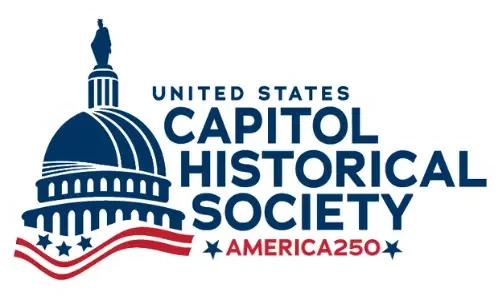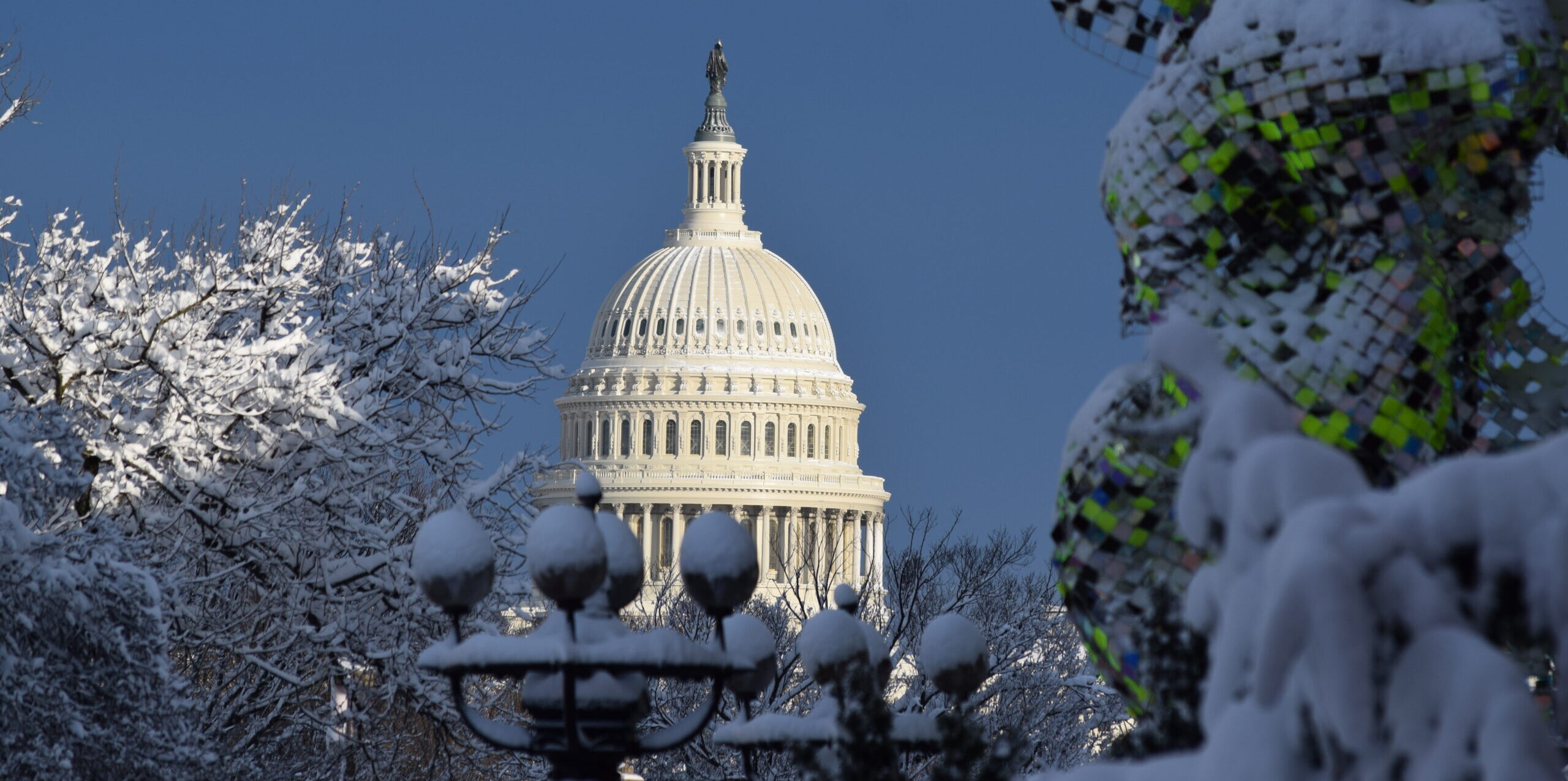View Event Online:
Original Event Information:
The U.S. Constitution is the foundation of the American Republic, but do we really understand its meaning? To help answer this question, the U.S. Capitol Historical Society will proudly host a webinar with Stanford Scholar Jack Rakove, whose book, “Original Meanings: Politics and Ideas in the Making of the Constitution,” won the Pulitzer Prize in history.
During our event, we’ll discuss a new nation on the brink of dissolution, the Constitutional Convention’s origins, how reforming the Articles of Confederation resulted in a new government, and the roles that American luminaries like Washington, Madison, Hamilton, and Franklin played in drafting the Constitution. Finally, how do the Federalist vs. Anti-Federalist debates then, mirror our conversations about the size and scope of government today?
As the First webinar in our year-long series about the Constitution, we’ll also examine the significance of its ability to be amended and what that still means in our effort to form a more perfect Union.
Dr. Rakove is a Professor Emeritus at Stanford University, a member of the American Academy of Arts and Sciences and the American Philosophical Society, and a past president of the Society for the History of the Early American Republic.
About the Speaker: Jack Rakove is the William Robertson Coe Professor of History and American Studies and professor of political science and (by courtesy) law at Stanford, where he has taught since 1980. His principal areas of research include the origins of the American Revolution and Constitution, the political practice and theory of James Madison, and the role of historical knowledge in constitutional litigation. He is the author of six books, including Original Meanings: Politics and Ideas in the Making of the Constitution (1996), which won the Pulitzer Prize in History, and Revolutionaries: A New History of the Invention of America (2010), which was a finalist for the George Washington Prize, and the editor of seven others, including The Unfinished Election of 2000 (2001). He is a member of the American Academy of Arts and Sciences, the American Philosophical Society, and a past president of the Society for the History of the Early American Republic.








